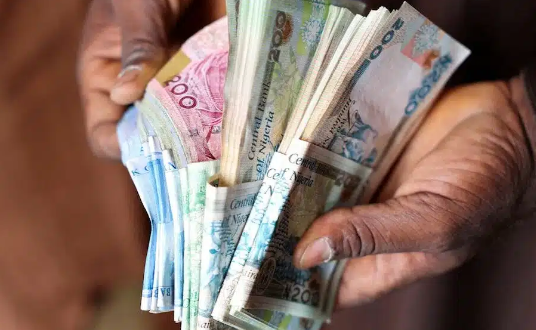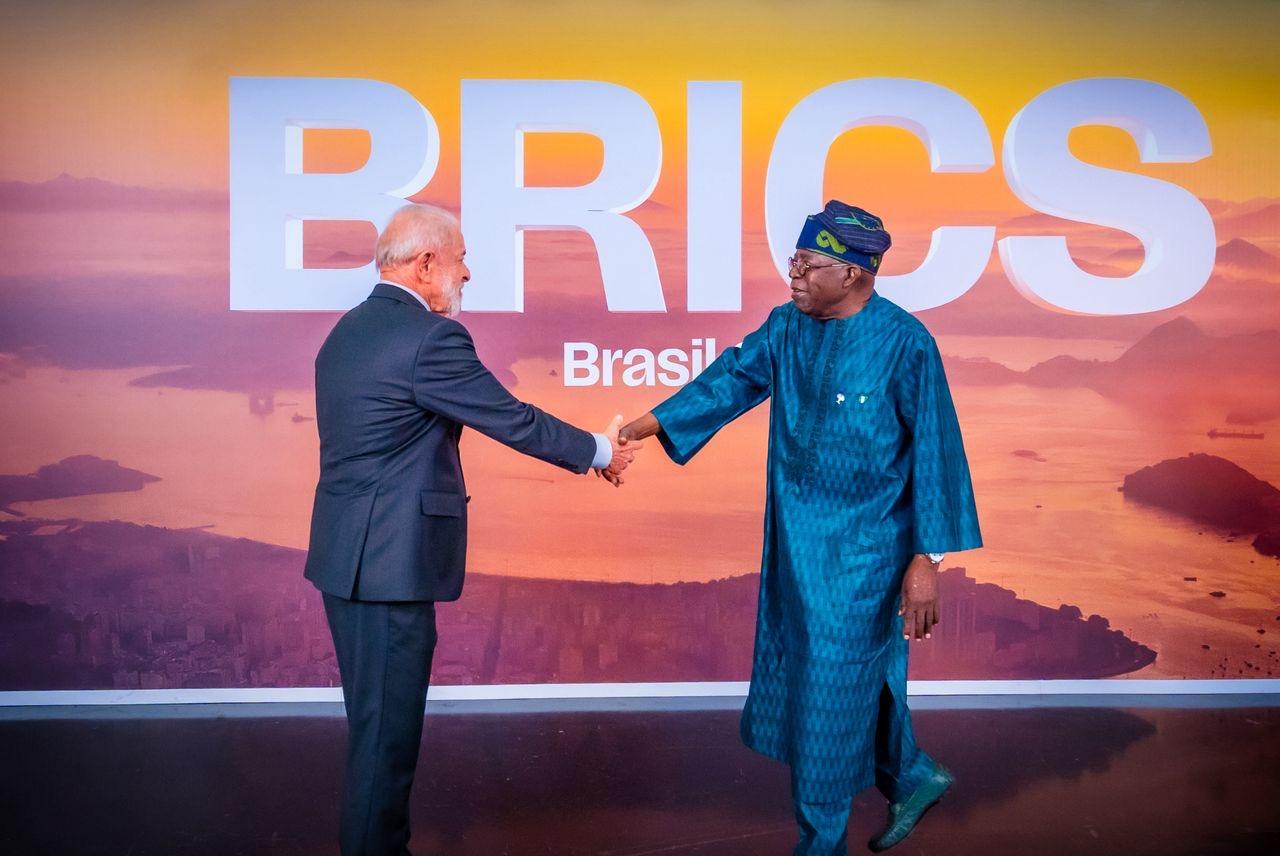
Naira Bounces Back: Exchange Rate Climbs to ₦1,590/$ as CBN Tactics Begin to Show Results

In a week that started with caution and uncertainty, the Nigerian naira delivered an unexpected but much-celebrated rebound on Wednesday, climbing to ₦1,590 per dollar in the black market—a significant gain from the ₦1,595–₦1,600 range it had hovered in just 24 hours earlier. This remarkable upswing comes on the heels of fresh interventions by the Central Bank of Nigeria (CBN) and a favorable shift in global forex dynamics, particularly the weakening of the U.S. dollar against emerging market currencies.
The Nigerian financial community was abuzz with reactions as the news of the strengthening naira filtered through trading rooms and economic analysis forums. While gains in the parallel market always attract immediate attention due to its impact on everyday transactions and consumer sentiment, what made this development particularly noteworthy was the simultaneous upward shift in the official exchange rate. At the Nigerian Foreign Exchange Market (NFEM), the naira also appreciated slightly, improving from ₦1,550/$ to ₦1,549/$, a subtle but psychologically important movement that suggests alignment between formal and informal trading zones—a rare convergence in Nigeria’s complex forex ecosystem.
Currency watchers and analysts were quick to point out that this appreciation is not a fluke but rather the result of a calculated and multi-pronged strategy being deployed by the CBN. Under the leadership of Governor Olayemi Cardoso, the apex bank has shown renewed vigor in tackling the chronic forex imbalances that have plagued Nigeria’s economic landscape for years. From reintroducing market transparency tools to enforcing compliance across Bureau de Change operators, the CBN appears to be gradually regaining control over the levers of monetary influence.
Strategic FX injections into the system, coordinated market monitoring, and a willingness to let the naira find its natural level through a guided float mechanism have helped stabilize speculative tendencies. More importantly, they have begun to reassure both domestic and foreign investors that Nigeria is inching toward a more predictable macroeconomic environment. This perception, analysts say, is crucial in re-establishing Nigeria as an investment destination after months of turbulent capital flight and negative outlooks.
Behind this optimism also lies the influence of the Tinubu administration’s broader economic reforms. Since assuming office, President Bola Ahmed Tinubu has championed a raft of fiscal and monetary adjustments aimed at curbing waste, boosting revenue, and restoring investor confidence. The removal of fuel subsidies—controversial as it was—has helped rebalance federal finances, while moves to digitize tax collection and cut unnecessary public spending are starting to reflect positively on Nigeria’s fiscal balance sheet.
The synergy between fiscal policy and monetary intervention seems to be paying off, albeit slowly. For once, there appears to be a unified message between the finance ministry and the CBN—a unity that had eluded previous administrations and often contributed to market confusion. This policy alignment has not only emboldened investors but also improved Nigeria’s standing with international credit rating agencies, some of which have recently upgraded their outlook on the country from “negative” to “stable.”
Foreign portfolio investors, typically the most agile segment of global capital flows, have taken note. There has been a gradual but measurable uptick in capital inflows into Nigeria’s debt and equity markets, with some multinationals and hedge funds testing the waters once again. These inflows, in turn, are helping to improve dollar liquidity and ease the persistent demand pressure that had previously battered the naira into submission.
Globally, the naira’s strengthening comes at a time when the U.S. dollar is facing downward pressure of its own. Amid increasing speculation that the U.S. Federal Reserve might adopt a more dovish monetary stance to support slowing growth, the dollar has slumped to a three-year low. This global trend has inadvertently lent support to emerging market currencies, including the naira, which are now benefiting from the broader dollar weakness.
But while the current trend is positive, analysts warn that caution should not be thrown to the wind. The forex market remains vulnerable to shocks, particularly in a country like Nigeria where structural imbalances, insecurity, oil price volatility, and weak industrial output continue to pose long-term threats. Maintaining the naira’s momentum will require more than policy tweaks—it will demand structural reforms in key sectors, especially agriculture, energy, and manufacturing, all of which play a role in reducing Nigeria’s import dependence and boosting non-oil exports.
The next few weeks will be crucial in determining whether this gain is sustainable or merely a flash in the pan. Already, there are murmurs of caution among importers and small business owners who fear that the relative calm in the forex market may be short-lived if underlying issues remain unaddressed. They point to the upcoming school fees season and the traditional spike in travel-related demand during summer as possible stress points that could reawaken forex volatility.
Still, for now, the CBN and the Tinubu-led economic team have reasons to be cautiously optimistic. The naira’s modest but meaningful recovery is not just a financial statistic—it is a signal that concerted effort and competent policy implementation can indeed reverse even the most daunting economic trends. For a population weary of inflation, rising living costs, and shrinking purchasing power, even a few naira gained against the dollar can feel like a step in the right direction.
In the streets of Lagos, where the exchange rate is more than just a headline but a daily reality affecting the price of bread, fuel, and school fees, this latest gain has ignited conversations. Some traders are holding onto dollars, hoping for an even stronger naira, while others are rushing to sell, fearing the gains might reverse. Either way, the market is active, the sentiment is shifting, and hope—long absent from Nigeria’s forex narrative—is slowly creeping back.
Whether this newfound strength becomes a trend or a temporary blip depends on what comes next. But one thing is certain: the naira has shown it can fight back. And in an economy where perception often precedes reality, that might just be the confidence boost Nigeria needs to keep pushing forward.


